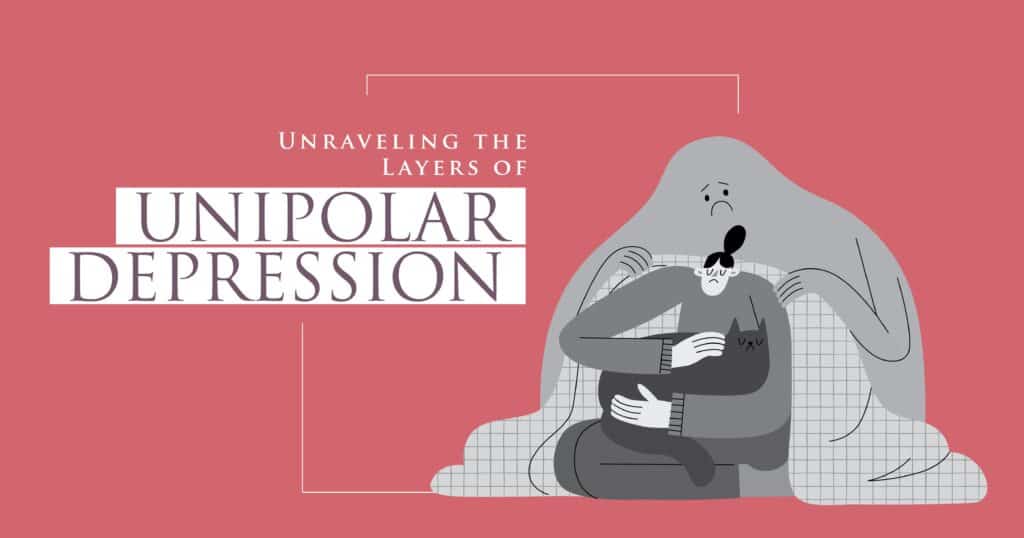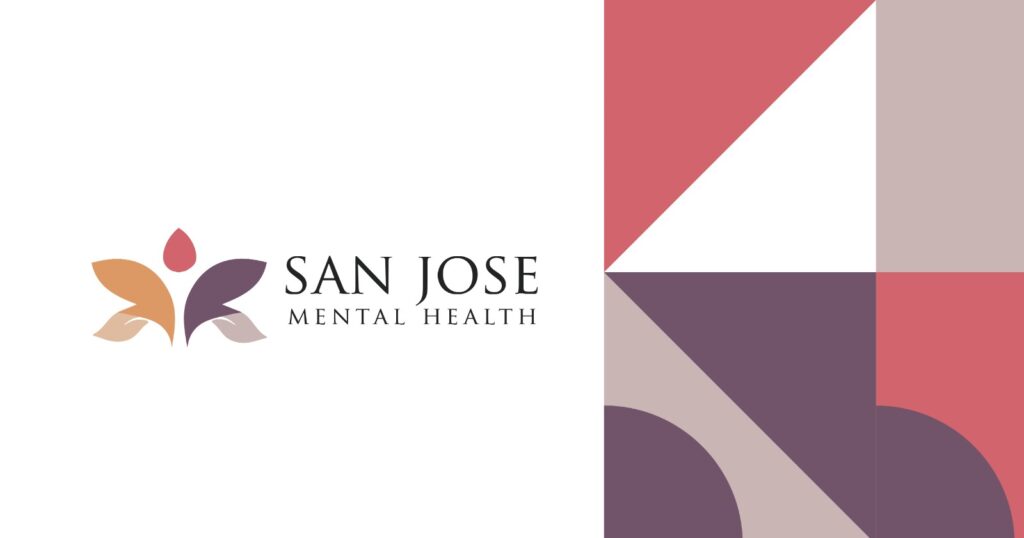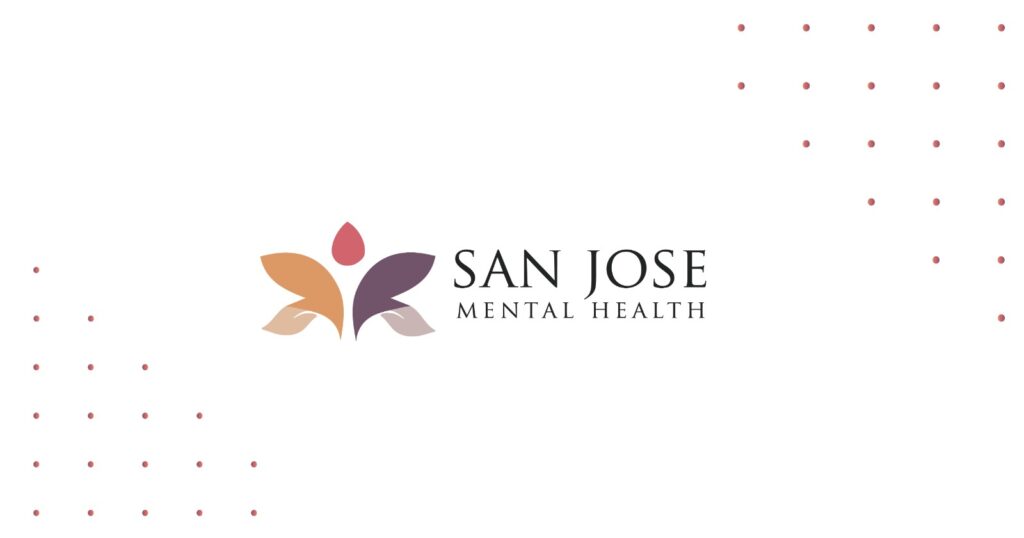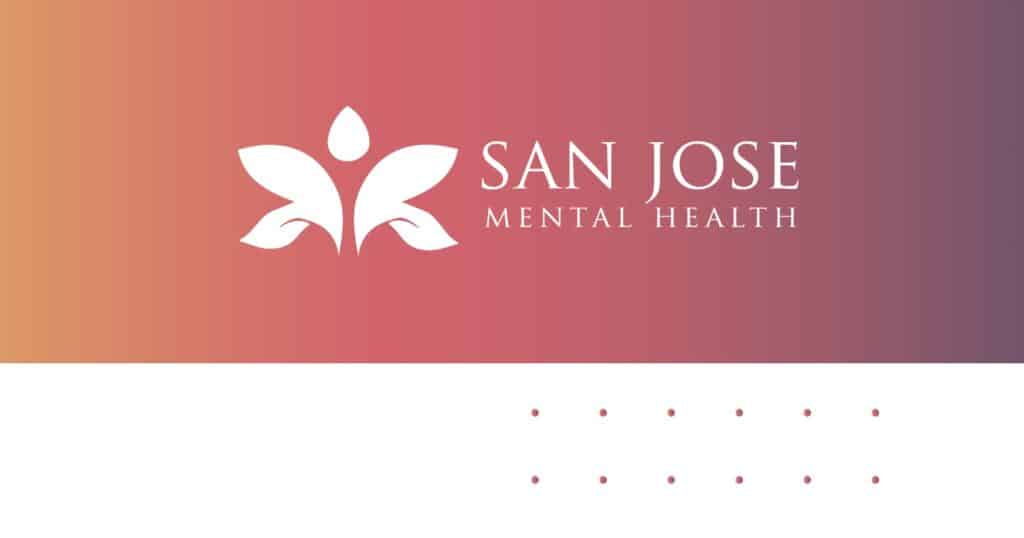Depression is more than a passing sadness – it’s a deep, persistent weight that can reshape how we think, feel, and experience the world. Among the many forms of depressive conditions, unipolar depression stands as one of the most common and widely misunderstood. It doesn’t involve the dramatic mood swings associated with bipolar disorder; instead, it’s defined by a single, unrelenting direction – downward.
For millions of people worldwide, unipolar depression affects daily life, relationships, work, and physical health. But with the right understanding, proper diagnosis, and comprehensive treatment, living a fulfilling and hopeful life is absolutely possible. This guide explores the complexities of unipolar depression – from its symptoms and causes to treatment strategies and coping tools – to help you or someone you love navigate the path toward healing.
Understanding Unipolar Depression
At its core, unipolar depression refers to mood disorders characterized by persistent feelings of sadness, hopelessness, and a loss of interest in life – without the manic or hypomanic episodes seen in bipolar disorder. Unlike emotional lows that fade with time, unipolar depression can last for weeks, months, or even years, impacting nearly every aspect of a person’s life.
There are two primary types:
| Type | Description |
| Major Depressive Disorder (MDD) | Characterized by severe depressive episodes that significantly interfere with daily functioning, relationships, work, and overall quality of life. |
| Persistent Depressive Disorder (PDD) | A milder but chronic form of depression that lasts for two years or more, often with fluctuating intensity and ongoing low mood. |
San Jose Mental Health
Defining Unipolar Depression
Unipolar depression, also known as major depressive disorder or clinical depression, is classified as a mood disorder – a category of mental health conditions that primarily affect the emotional state. The term “unipolar” emphasizes the singular nature of the mood disturbance: persistent low mood without the elevated phases (mania or hypomania) seen in bipolar depression.
A depressive episode – the core feature of unipolar depression – involves a cluster of emotional, cognitive, and physical symptoms that last for at least two weeks. These episodes can recur throughout a person’s life, sometimes triggered by life events and other times emerging without a clear cause.
Symptoms and Signs of Unipolar Depression
Recognizing the symptoms of unipolar depression is essential for early intervention and effective treatment. Symptoms may vary from person to person, but they typically include:
- Persistent sadness, emptiness, or tearfulness
- Loss of interest or pleasure in activities once enjoyed
- Fatigue, low energy, or sluggishness
- Changes in appetite or weight (increase or decrease)
- Sleep disturbances – insomnia or excessive sleeping
- Difficulty concentrating, remembering, or making decisions
- Feelings of guilt, worthlessness, or hopelessness
- Restlessness or slowed physical movements
- Thoughts of death or suicide
The severity of these symptoms can range from mild to debilitating. Early recognition and treatment significantly improve recovery outcomes and quality of life.
Causes and Risk Factors of Unipolar Depression
The causes of unipolar depression are complex and often multifactorial, involving a mix of biological, psychological, and environmental factors. Some of the most common contributors include:
- Genetics: A family history of depression increases the risk of developing the disorder.
- Brain Chemistry: Imbalances in neurotransmitters like serotonin, dopamine, and norepinephrine can play a key role.
- Hormonal Changes: Hormonal fluctuations – such as those during pregnancy, menopause, or thyroid disorders – can contribute to depressive episodes.
- Life Events: Trauma, loss, chronic stress, or major life changes often act as triggers.
- Medical Conditions: Chronic illnesses, pain, or certain medications can increase vulnerability.
- Personality Traits: People with low self-esteem, high levels of self-criticism, or pessimism may be more prone to depression.

Diagnosing Unipolar Depression
Diagnosis typically begins with a thorough clinical evaluation by a mental health professional. This may include:
- Comprehensive medical history: To rule out physical conditions that may mimic depression symptoms.
- Psychological assessment: Evaluating mood, thought patterns, and behaviors.
- Diagnostic criteria: Using tools like the DSM-5 (Diagnostic and Statistical Manual of Mental Disorders) to confirm diagnosis.
Unipolar Depression Treatment Options and Therapies
Effective treatment for unipolar depression typically involves a combination of antidepressant medication, psychotherapy, and lifestyle changes. The right treatment plan depends on the individual’s symptoms, severity, and personal preferences.
- Antidepressant Medication
Antidepressants help regulate neurotransmitter levels in the brain and alleviate symptoms. Common classes include:
- SSRIs (Selective Serotonin Reuptake Inhibitors)
- SNRIs (Serotonin-Norepinephrine Reuptake Inhibitors)
- Tricyclic Antidepressants (TCAs)
- Psychotherapy
Cognitive Behavioral Therapy (CBT) is one of the most effective treatments for unipolar depression. It helps individuals identify and change negative thought patterns, develop coping strategies, and build healthier behaviors.
Other approaches, like interpersonal therapy (IPT) and psychodynamic therapy, can also be beneficial.
- Lifestyle Modifications
Incorporating daily habits such as regular exercise, a balanced diet, adequate sleep, and mindfulness practices can significantly improve mood and overall mental health.
Coping Strategies and Support for Unipolar Depression
While professional treatment is essential, self-help strategies and support networks play a crucial role in long-term recovery:
- Build a support system: Connecting with friends, family, or support groups reduces isolation and offers emotional relief.
- Set realistic goals: Breaking tasks into manageable steps can reduce overwhelm.
- Practice mindfulness: Meditation, yoga, and breathing exercises can help regulate mood and reduce stress.
- Limit alcohol and substances: These can worsen depressive symptoms and interfere with treatment.
- Stay consistent with treatment: Stopping medication or therapy prematurely can trigger relapse.
San Jose Mental Health
Comparing Unipolar and Bipolar Depression
Although both conditions involve depressive episodes, unipolar and bipolar depression differ significantly:
| Feature | Unipolar Depression | Bipolar Depression |
| Mood Episodes | Only depressive episodes | Depressive and manic/hypomanic episodes |
| Onset | It can occur at any age, often in late teens or early adulthood | Usually begins in late adolescence or early adulthood |
| Mood Swings | Persistent low mood without highs | Cycles between lows (depression) and highs (mania) |
| Treatment | Primarily antidepressants and psychotherapy | Often includes mood stabilizers and antipsychotics in addition to therapy |
| Diagnosis | Based on persistent depressive symptoms | Requires evidence of manic or hypomanic episodes |
Learn More Practical Tips About Unipolar Depression at San Jose Mental Health
Living with unipolar depression can feel isolating, but you are never alone – and help is always available. At San Jose Mental Health, we specialize in diagnosing, treating, and supporting individuals with depression and other mood disorders.
Our team offers personalized care plans that combine evidence-based therapies, medication management, and holistic strategies to help you regain control of your mental health and rebuild a fulfilling life.
Contact San Jose Mental Health today and take the first step toward a brighter, healthier future.

FAQs
What are the key differences between major depressive disorder and persistent depressive disorder in mood disorders?
Major depressive disorder involves intense depressive episodes that significantly impair daily life, while persistent depressive disorder is a chronic but milder form lasting at least two years.
How can cognitive behavioral therapy be effective in treating a depressive episode in unipolar depression?
CBT helps individuals identify negative thought patterns, challenge distorted thinking, and replace them with healthier coping mechanisms, reducing symptoms and preventing relapse.
What role does antidepressant medication play in managing major depressive disorder and other mood disorders?
Antidepressants regulate brain chemicals like serotonin and norepinephrine, alleviating depressive symptoms and improving mood, especially when combined with therapy.
How can one identify the signs and symptoms of a depressive episode associated with unipolar depression?
Look for persistent sadness, loss of interest in activities, changes in appetite or sleep, fatigue, difficulty concentrating, and thoughts of hopelessness or self-harm.
San Jose Mental Health
What are some effective coping strategies and support resources for maintaining mental health during a major depressive disorder?
Building a strong support network, practicing mindfulness, setting small achievable goals, engaging in therapy, and maintaining healthy lifestyle habits are key strategies for managing depression.












